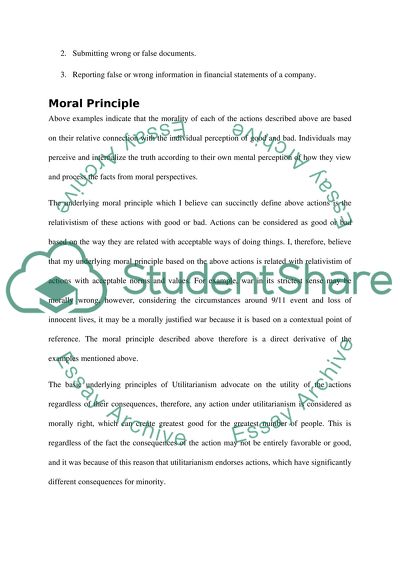Cite this document
(“Moral Principle Essay Example | Topics and Well Written Essays - 1500 words”, n.d.)
Retrieved from https://studentshare.org/miscellaneous/1568845-moral-principle
Retrieved from https://studentshare.org/miscellaneous/1568845-moral-principle
(Moral Principle Essay Example | Topics and Well Written Essays - 1500 Words)
https://studentshare.org/miscellaneous/1568845-moral-principle.
https://studentshare.org/miscellaneous/1568845-moral-principle.
“Moral Principle Essay Example | Topics and Well Written Essays - 1500 Words”, n.d. https://studentshare.org/miscellaneous/1568845-moral-principle.


